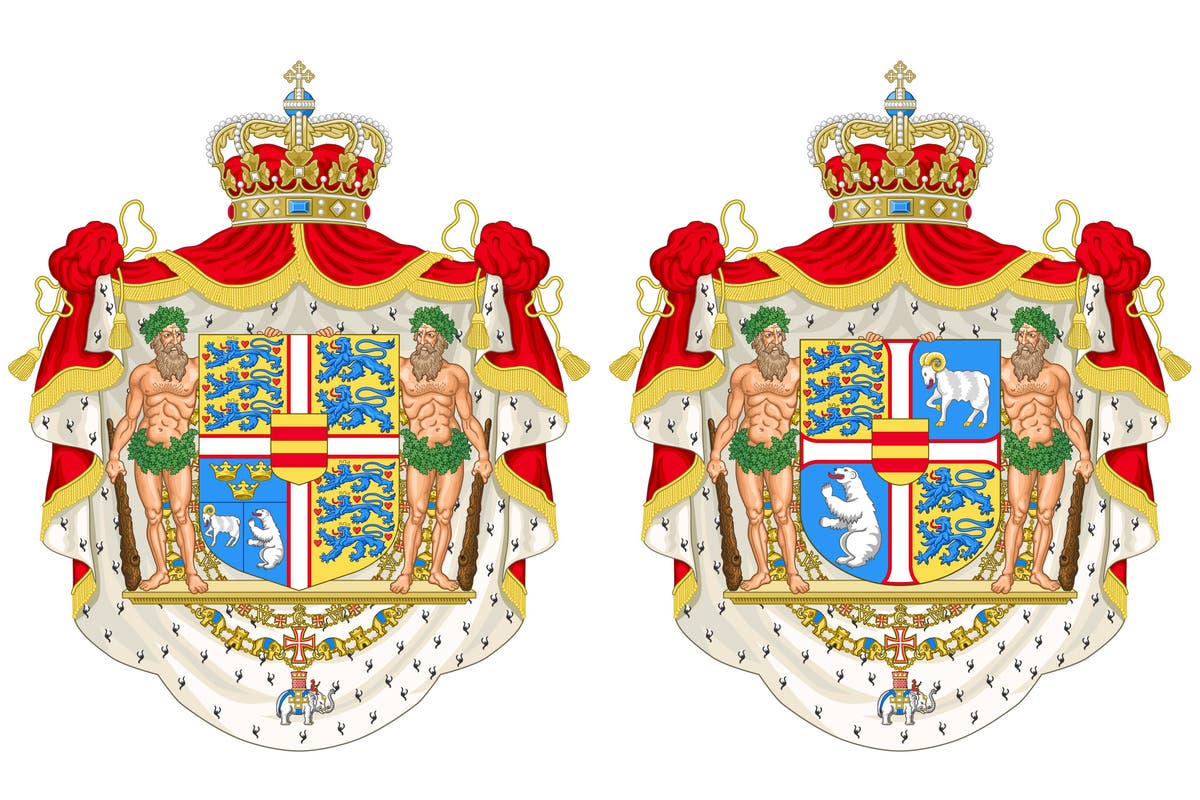Summary
Danish King Frederik has redesigned the royal coat of arms to prominently feature symbols of Greenland and the Faroe Islands, replacing the historical three crowns, in an apparent rebuke to Donald Trump’s renewed interest in buying Greenland.
The change underscores Denmark’s commitment to maintaining its territorial integrity.
Greenland’s Prime Minister Múte Egede firmly rejected Trump’s suggestion, declaring, “Greenland is ours.”
This marks the fourth revision of Denmark’s coat of arms since 1819 and highlights Greenland’s century-long political and cultural ties to Denmark despite U.S. military presence on the island.



This will unite the left and right in Denmark. And Denmark is probably the most left-wing country in the world, if you look at economic policy (maybe Norway beats them).
However, one should not forget that Denmark-Greenland is a real colonial problem, and Greenland deserves independence.
Still, I side with Denmark in this conflict. They should not be bullied into anything by US fascists that for sure will be even worse colonial overlords.
https://jacobin.com/2021/02/denmark-zero-asylum-immigration-refugees
Denmark is at the forefront of normalizing right wing ideas in general, and racism and Islamophobia in particular.
They are most certainly not the most left-wing country in the world.
When it comes to economic policy, they are.
Might be true if you’re white and not Muslim. It’s not mutually exclusive to be nationalistic and socialist at the same time if you think about it.
Probably true even if you’re a Muslim.
Anyway, the one dimensional political scale is useless (though for western alt-right movements it’s been quite useful). And most socialist movements have been nationalistic and internationalistic. If a country has to provide welfare to all citizens of the world, to be considered left-wing, well do you know of any such example?
The german national socialists, which you might be referring to, were not very left-wing on economic policy. At least not after 1934. Both the national socialists and the danish social democrats advocate some form of corporatism, but the Danish social democratic version is much more social leaning and labor unions are independent and relatively powerful.
I don’t know that it technically is a colonial problem because the Inuit came to Greenland after the Vikings had already settled it (it was unsettled before the Vikings), but then Denmark came back after the Vikings had abandoned Greenland and re-claimed it.
The Inuit and the Vikings settled different parts of Greenland, but were close enough that they could see each other across the fjords. There isn’t much evidence for direct contact, probably because the devoutly Christian Vikings did not care for the animist Inuit.
All that aside, I do agree that they deserve independence if they want it.
Maybe imperialist is a better word. I’m not sure if the definition of “colonial” require that the subject population was there first.
I would say imperialist works better here. And I would agree with you about colonial as a use-phrase in general, but this is a special case where the Danes were there first and then they left and then came back. So it’s hard to call that colonial in this specific case.